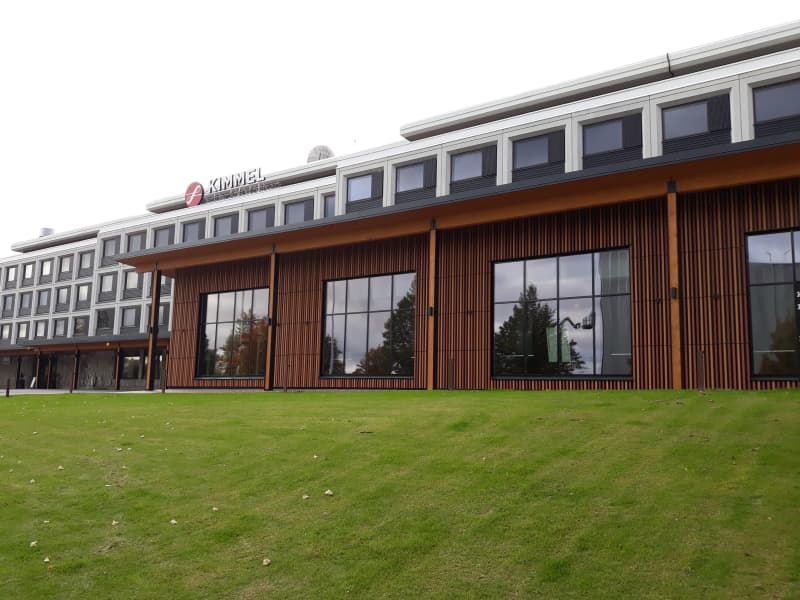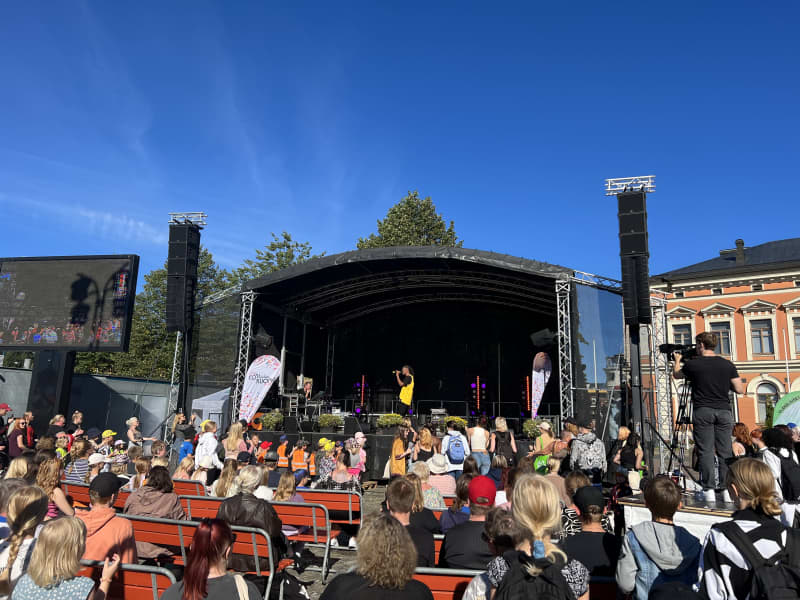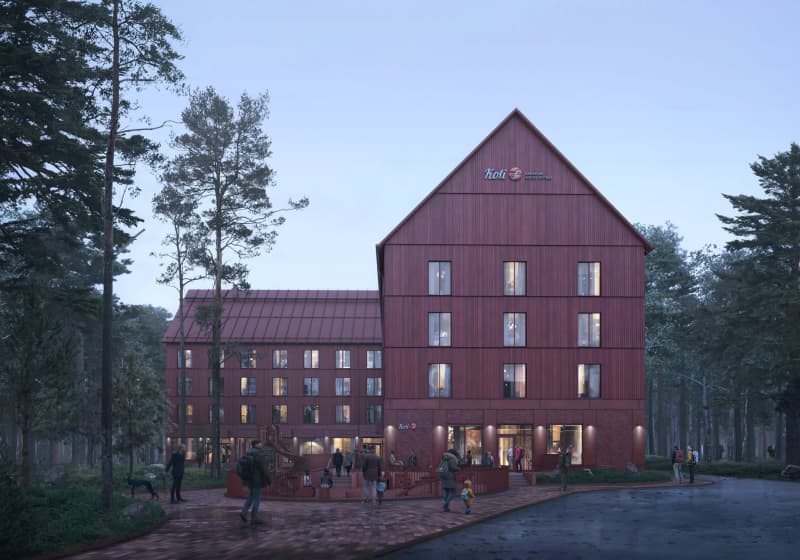
The number of hotels has halved in North Karelia in the 21st century. The number of hotels in Pohjois Savo has also decreased. Hotels do best in provincial centers and tourist destinations.
There are half as many hotels in North Karelia as at the turn of the millennium; 21, while in 2000 there were still 41. In the regional center Joensuu, the number of hotels has halved from 12 to six.
In the neighboring province of Pohjois-Savo, the direction is the same, but gentler. There are 29 hotels, compared to 33 in 2000. Two hotels have closed in the city center. Nowadays, half of the hotels in the Savoia region, i.e. 14, are located in Kuopio.
– Small hotels and hotels in small towns are decreasing. Hotels tend to concentrate in larger cities, Moisander states.
Hotels have become rarer, especially outside the provincial centers.
– Family businesses cannot be continued, and in many places there is even enough repair debt that it is difficult to find new entrepreneurs, says Moisander, CEO of Isovalkeinen.

The number of rooms in North Karelia has decreased, in North Savo it has increased
The number of hotel rooms in North Karelia has dropped by almost 500 since the turn of the millennium. Only Joensuu has the same number of rooms as before.
In North Savo, the trend is the other way around: the number of rooms has increased by 250 in the same time, meaning the hotels are bigger than before.
– The number of rooms will probably increase because the size of the hotels will increase. I would bet that very few chain operators even plan a city hotel with less than a hundred rooms these days, Moisander guesses.
The prices are not much different in Savo-Karlia: a hotel night has cost an average of 115 euros in Joensuu and 116 euros in Kuopio this year.
In 2010, the average price of a hotel room in Joensuu was 77 euros and in Kuopio 87 euros.

Location is crucial for success
Those who have worked in the accommodation industry for a long time know that a hotel does best where there are a lot of people moving around, so location is crucial.
– City centers are prime locations for hotel construction or places with good transport links or tourist attractions, Moisander lists.
The occupancy rate of the rooms is also important.
– Hotel operations are a volume business. In no city in Finland are hotels full all the time. The large number of rooms helps that when it’s the season, you can do business, Moisander reasons.
The organization of services is hampered by a severe labor shortage.
– Producing good quality services is difficult and expensive compared to before, the entrepreneur worries.
